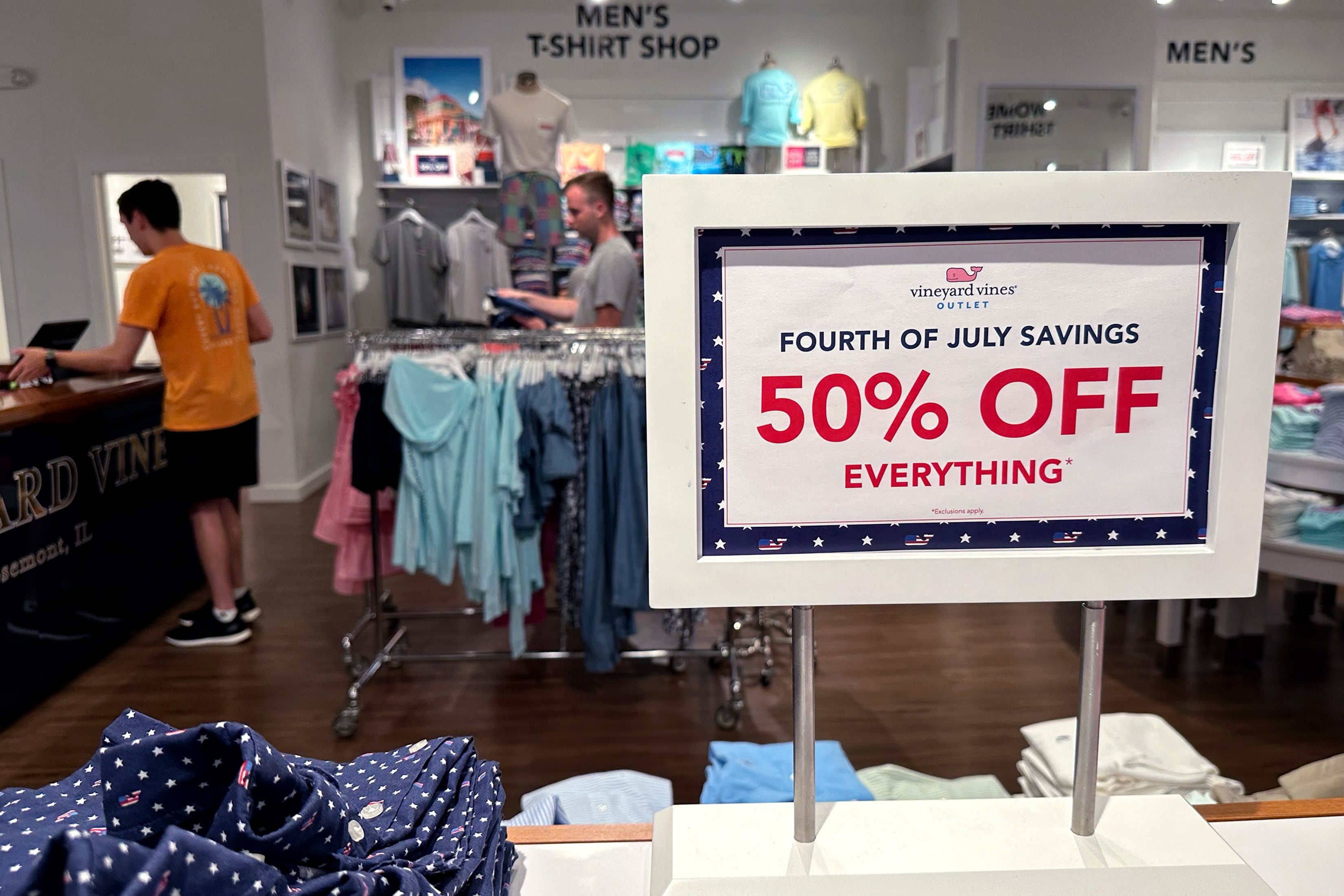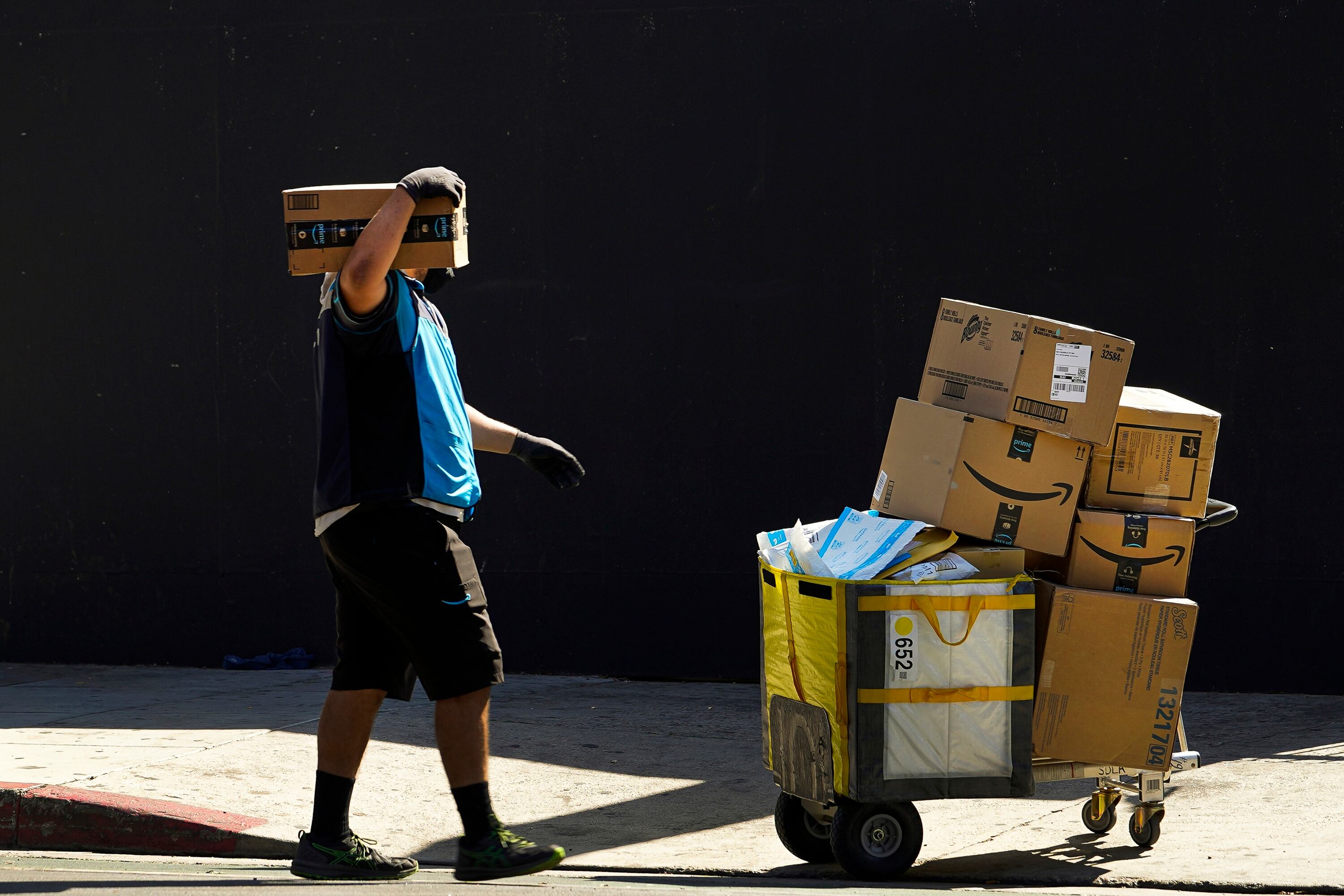In the next four weeks, it will be peak strawberry season in California. This is when U.S. producers switch from Mexican imports to domestic crops of the popular fruit.
For Driscoll's, the world's biggest supplier of berries, that means the most important part of the year is overlapping with the fallout of coronavirus.
"This year it looks like we're going to have a record crop of strawberries," Soren Bjorn, president of Driscoll's, told Cheddar. "We have a few challenges ahead of us, for sure."
The biggest concern for the California-based company is keeping farmers, who are used to working in tight-knit groups, from congregating in the fields.
"Social distancing in the field is a very different thing than in an office or a factory," Bjorn said.
While there is plenty of space, workers often gather in packs around wash stations. As a result, Driscoll's has brought in additional stations to make sure everyone can safely wash their hands.
Some of these measures work against the culture of farming, particularly among the largely Hispanic workforce, Bjorn said.
Driscoll's does not anticipate a labor shortage, however, even as President Donald Trump closes the country to immigration, including temporary workers.
"I think we will be okay in terms of the supply of labor," Bjorn said. "In California, we're not that dependent on H2A guest workers. We mostly have a domestic workforce that lives here year-round."
He added that, unfortunately, there are 15,000 hospitality workers who are out of work in Monterey County alone. Many of these workers are going over to agriculture.
"I think we will be able to find enough workers, as long as we can keep everybody healthy," he said. "That's really been our number priority from day one."
Headline updated April 23 to reflect that Soren Bjorn is the president of Driscoll's, not CEO.












